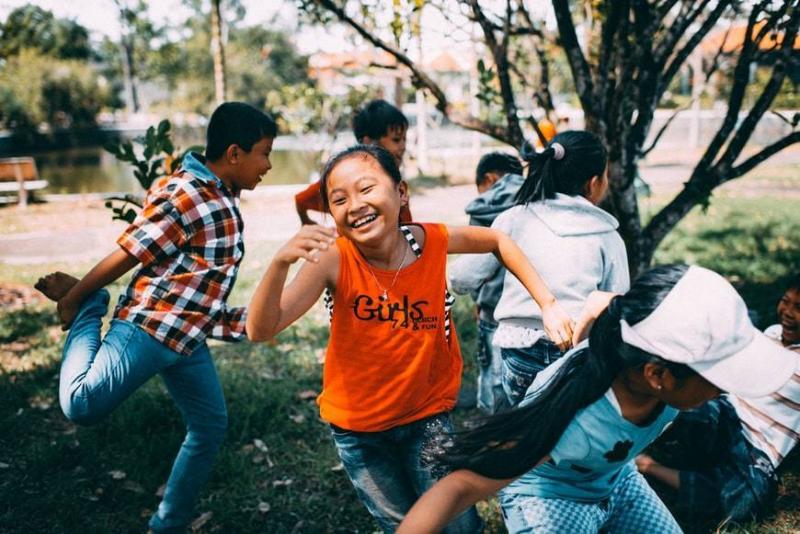A recent study found that young boys who engage in sports are less likely to encounter mental health issues as they grow. Researchers discovered that boys participating in sports before starting school are less prone to symptoms of depression, anxiety, or emotional distress between the ages of five and twelve.
The findings also suggest that boys experiencing fewer mental health issues as they grow older are likely to be more active in early adolescence. However, a similar relationship was not observed in girls between sports participation and mental health.
Lead researcher Marie-Josée Harbec, who conducted the study on 690 boys and 748 girls as a doctoral student under the supervision of Professor Linda Pagani at the University of Montreal in Canada, stated, "There is extensive evidence of a crisis these days in childhood physical inactivity, which may ultimately have implications for mental and physical health later on."
The researchers examined the reported physical activity habits of children aged 5 to 12 and looked at symptoms of emotional distress from ages six to ten, as reported by the participants' teachers. Boys who showed higher levels of symptoms of depression and anxiety during middle childhood had lower levels of physical activity by age 12. No significant changes were noted for girls.
Parents of 690 boys and 748 girls born in Quebec, Canada, between 1997 and 1998 reported their children's sports participation at age five and their weekly physical activity level at age 12. The teachers assessed the emotional distress symptoms observed in school from ages six to ten. The data was broken down by gender to determine any significant connections between physical activity and emotional distress, and the researchers stated that several confounding factors were controlled for.
Results showed that boys engaged in sports during preschool might benefit from physical activities that help them develop life skills—such as taking initiative, engaging in teamwork, and exercising self-control—along with building supportive relationships with their peers and adult coaches.
Conversely, boys experiencing symptoms of depression and anxiety may become more socially isolated, exhibit lower energy levels, and have fewer feelings of competence, negatively affecting their participation in physical activity.
For girls, the risks of depression and anxiety and protective factors function differently. The study indicated that girls are more likely than boys to seek help and disclose emotional distress to their family, friends, or healthcare providers, with psychological support from these social connections offering them better protection, according to the British Daily Mail.




